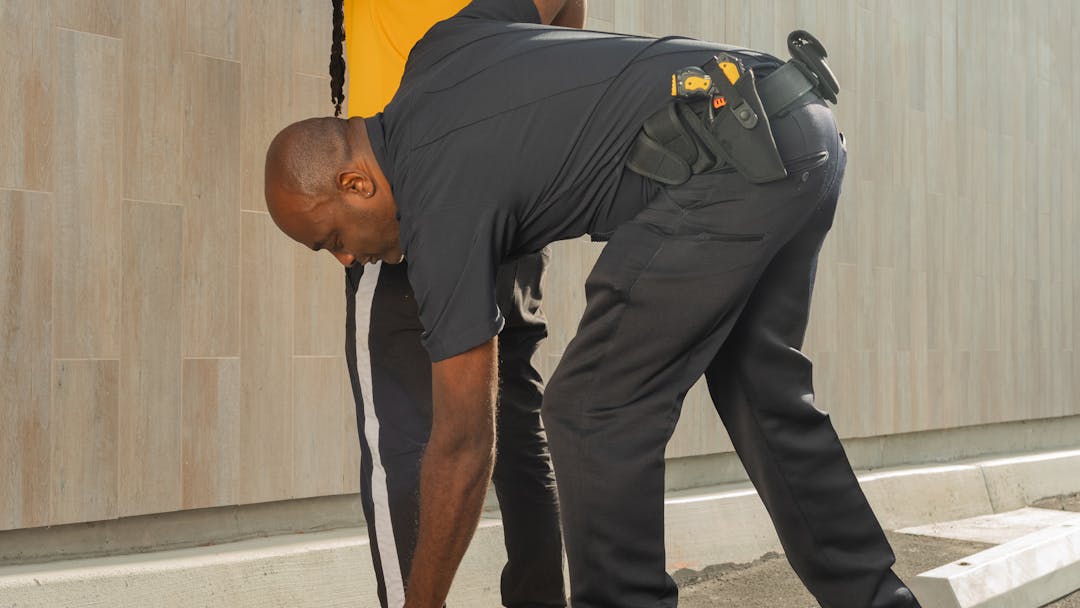
Traffic Laws FAQs – Tinted Windows
Michigan Traffic FAQs – Tinted Windows
Tinted Windows
Question: Can I have tinted windows on my vehicle?
Answer: The law that covers window applications is MCL 257.709. The use of tinting is limited to the rear side windows, the rear window if the vehicle has outside mirrors on both sides, and the top 4 inches of the front side windows. There is a limited exception for medical necessity with a doctor’s prescription, which allows for tinting to be applied to the front side windows as well. Michigan does not have a specification for the darkness of the window application, but does prohibit applications with a solar reflectivity greater than 35%.
Question: If I have a signed letter by my doctor indicating a medical necessity for tinted windows can another person drive my vehicle if the windows are tinted?
Answer: Yes, provided the special window treatment or application has been determined by a physician or optometrist to be necessary for the protection of a person who is light sensitive or photosensitive, and the owner or operator of a motor vehicle is in possession of a letter signed by a physician or optometrist indicating that the special window treatment or application is a medical necessity as required by MCL 257.709(3)(e). However, the special window treatment or application shall not interfere with or obstruct the driver’s clear vision of the highway or an intersecting highway.
DUI Charges?
Sometimes it’s cheaper in the long run to fight them
Call to Fight for your Rights (248) 357-2550
Disclaimer: This Frequently Asked Questions page is provided solely as a means of providing basic answers to questions about the Michigan Vehicle Code and is not designed or intended to provide a basis to contest a citation for a violation of the code. The positions stated are only those of the Michigan Department of State Police and are not binding on any other law enforcement agency or any Court. If our position is supported by case law then it will be enumerated within the answer provided. Source of Information – Traffic Laws FAQ




